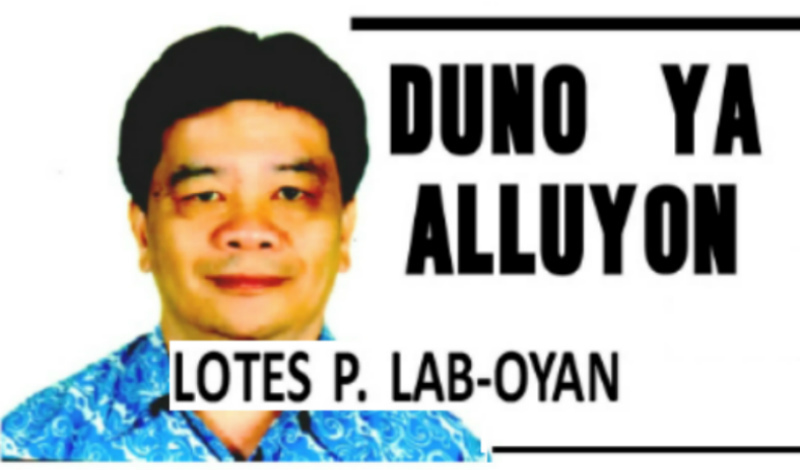Last June 20-24, 2017, I had the chance to attend the International Cooperative Alliance Committee on Cooperative Global Research Conference held at University of Stirling, Scotland, United Kingdom. Presenters from different countries with various research topics together with officials of the International Cooperative Alliance; book authors and researchers from famous universities around the globe joined the activity.
With the theme “Developing Inclusive, Collaborative and Responsible Businesses: Co-operatives in Theory, Policy and Practice” about 130 paper presentations were received by the organizing committee based on the pre-identified cluster of topics during the workshop and book of abstracts.
The conference theme is to explore the role and potential of co-operatives as inclusive, collaborative and responsible businesses. The goal is to consider these issues in theory, policy and practice – connecting the contribution that theory can make to better co-operative practice, and that co-operative practice can make to better theory. Some are sceptical about these connections, as demonstrated in the old adage: “In theory there is no difference between theory and practice. In practice there is”. Others are more optimistic, ascribing to Kurt Lewin’s view that ‘there is nothing so practical as a good theory’ (Lewin, 1952).
Being new to paper presentations, I was so curious to learn more on how things happen in the research world focusing on cooperatives. It was a first time experience to meet students, Ph.Ds , Directors of Research Institutions, cooperative lawyers, practitioners and book authors at a different setting. All of us were interested to know what is happening in the cooperative movement and what possible interventions could be instituted to sustain the viability and growth of cooperatives in bringing development to the whole world.
As the lone participant from the Philippines, I tried to look for some representatives from neighboring Asian countries. I was fortunate to interact with fellow participants that came from Malaysia, Korea, China, Japan and a greater number of delegates from Europe, Africa, North and South America. Building alliances with other countries related to cooperative work is such a gratifying experience that cannot be monetized.
Moreover, the activity broadened my horizon and provided insights on how research should be undertaken. As the theme emphasized on the need to be inclusive, vast research opportunities for all persons interested to know more and dwell on cooperative practices employed that can be translated into policy or models. Results of researches must be presented to be used for discussion and possible application. Government line agencies have research units but I am not quite sure if these researches were presented to the public for comments. For sure, state universities and colleges have journals where they publish peer reviewed researches. It is challenging to note that researches and research units are well-funded in other countries that are helpful in generating evidence-based practices used by cooperative leaders and policy makers. In the Philippines, research opportunities are not so well-known to ordinary people like me. Or maybe, I do not have the right connections? But definitely, I will hunt for some in the future. So guys please prepare to accept some research proposals from us — – cooperatives.
In addition, visit to the New Lanark World Heritage Site deepened my understanding on the works of Robert Owen. He can be considered the “father of pre-school or nursery” as he believed that every child who can walk should be taught. His writings on labor and management and cooperative still exist. Indeed, he has a good foresight and provided a lesson for today’s generation on the need to look beyond.
Finally, I am thankful for the rare chance to attend such aggrupation. It was made possible with the help of sponsors (how I wish to name them but I prefer not to divulge–they know who they are) that funded almost one third of the expenses and the remaining two thirds is charge to personal and family experience. Equally important is the moral support, prayers and technical assistance from my family, relatives, friends and pastors. May the good Lord Bless us all to become blessings to others!













